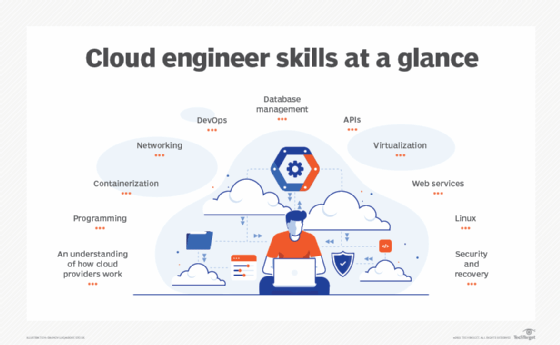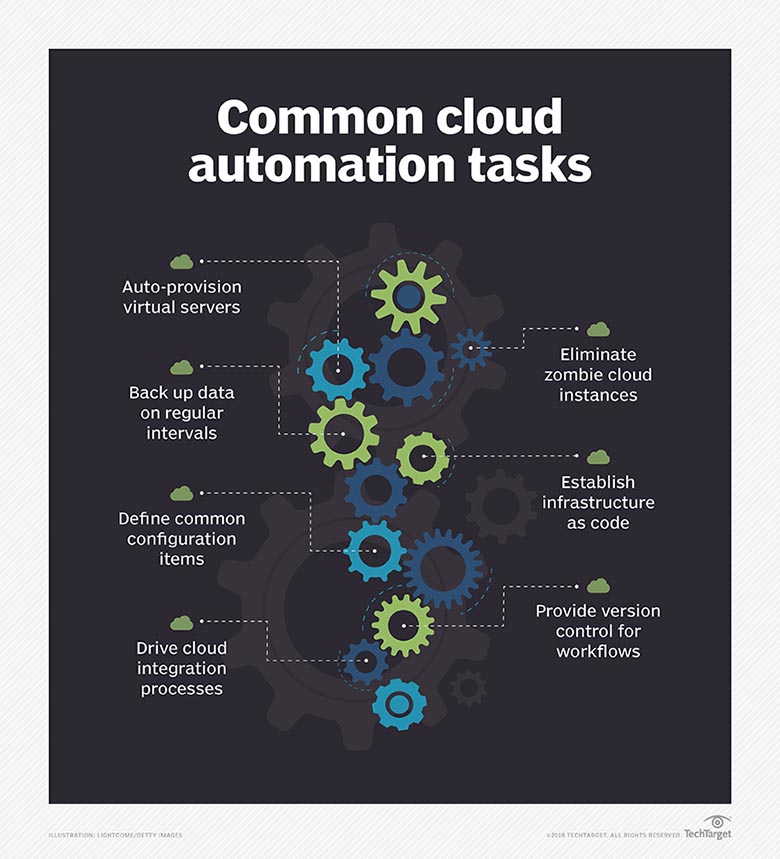Cloud Computing Skills: How Programming Knowledge Can Benefit Your Career
Programming Knowledge Unlocks Advanced Cloud Computing Potential
Cloud computing is widely adopted due to its flexibility and cost-effectiveness. Users can access scalable computing power, storage, databases, analytics and more without the hassle of maintaining physical servers. While basic cloud tasks like file storage and email only require user-friendly web interfaces, advanced infrastructure automation and complex application development demand programming proficiency. Let’s explore how learning to code expands career opportunities and allows deriving maximum value from cloud services.
Basic Cloud Tasks Rarely Need Coding, but Programming Boosts Cloud Benefits
For straightforward needs like hosting websites, backup files or using office software on cloud virtual machines (VMs), beginners can get started without writing a single line of code. Major cloud providers offer intuitive dashboards to deploy and manage common resources online. However, leveraging powerful features like auto-scaling, continuous integration/deployment pipelines, serverless computing and machine learning requires programming infrastructure-as-code and cloud-native applications. Advanced users write automated scripts and configuration files instead of manually repeating setup steps. This consistency and reliability are valuable for enterprises with stringent service-level agreements.
Infrastructure as Code with Terraform and CloudFormation Removes Manual Tasks
As cloud infrastructure grows beyond a handful of VMs into complex multitier environments with interdependent components, manual configuration quickly becomes error-prone and labor-intensive. DevOps teams employ Infrastructure as Code (IaC) practices to declaratively define, version, test and reproduce environments using configuration files rather than clicks. Popular tools like Terraform (made by HashiCorp) and AWS CloudFormation allow codifying Amazon Web Services, Microsoft Azure and Google Cloud resources from compute instances to databases and websites. Programming skills are essential to develop reusable templates that deploy standardized yet customizable environments on-demand.
Developing Cloud-Native Apps Requires Deep Coding Knowledge
To build modern applications optimized for cloud agility and elasticity, developers must understand programming paradigms like microservices and serverless computing. Cloud providers expose hundreds of services through APIs and SDKs that are programmable but complex to learn. Mastering a language like Java, Python or JavaScript equipped developers to create cloud-hosted apps able to automatically scale horizontally, integrate serverless functions, tap into databases, authenticate users and more. Code quality matters more than physical resources since flaws undermine scalability and reliability goals.
Data Analytics and AI Pipelines Demand Programming
The cloud massively scales data collection, storage and big data processing possibilities. Organizations derive insights from petabytes residing in cloud data warehouses, while machine learning engineers develop models by leveraging potent GPU-enabled VM instances or serverless machine learning platforms. However, all this raw computing power and data means little without software that extracts value. Python skills are essential for tasks like data wrangling, exploratory analysis, predictive modeling, natural language processing, visualization dashboards and operationalizing ML models into production services. Programming fuels cloud-based analytics and AI workloads from prototype to product.
Cloud Architecture Without Coding Focuses on Strategy and Best Practices
While not coding per se, the role of Cloud Architect requires a deep working knowledge of various cloud platforms and technologies. Architects help define an organization’s cloud strategy and roadmap based on business objectives, compliance needs, technical capabilities and pricing models. Key responsibilities involve researching and recommending cloud design patterns, security baselines, high availability approaches and disaster recovery procedures to ensure optimal performance, reliability and security. Common non-technical cloud certifications like Certified Cloud Security Professional (CCSP), Certified in Risk and Information Systems Control (CRISC) and Cloud Architect validate broad expertise through examinations.
A Career in Cloud Security Leverages Self-Study and Professional Certification
John pursued a career change after working in IT support for five years. He was interested in cloud technologies but lacked hands-on experience. To boost his resume and skills, John decided to independently study for the CRISC certification offered by ISACA. The exam covers risk management and auditing controls specific to cloud and virtual environments. Over six months, John used online materials from Skillsoft and reviewed self-paced course modules in his spare time. His dedication paid off when he passed the test on the first attempt. This credential opened the door for John to land a job as a Cloud Security Engineer at a major tech firm, where he now helps harden infrastructure against cyber threats. His story shows how certifications complement programming skills to access high-paying cloud roles.
Summary: Programming Unlocks Cloud Possibilities Across Industries
In summary, cloud computing’s appeal comes from the perception that applications can be developed and infrastructure deployed without having to be a programmer. However, advanced and strategic use of cloud services requires automation through coding to reap maximum benefits. From streamlining shared hosting to powering massive-scale data pipelines, software development skills play a defining role. While non-technical cloud jobs remain in high demand, programming knowledge vastly multiplies career opportunities, especially with emerging technologies. Learning to code pays rich dividends in today’s cloud-focused world, whether you work directly with infrastructure or simply want to understand cloud-powered systems better.
Conclusion
The cloud presents tremendous potential to level up business operations, but harnessing its full power demands technical aptitude beyond basic user interfaces. This article explored how programming proficiency elevates cloud expertise across roles from infrastructure configuration and application engineering to data analytics, machine learning and security. Acquiring coding skills through self-study, internships or certifications supports long-term career growth in the booming cloud industry. By understanding both user-facing and behind-the-scenes aspects, professionals can architect cloud solutions strategically and derive optimal value from elastic, on-demand resources.

